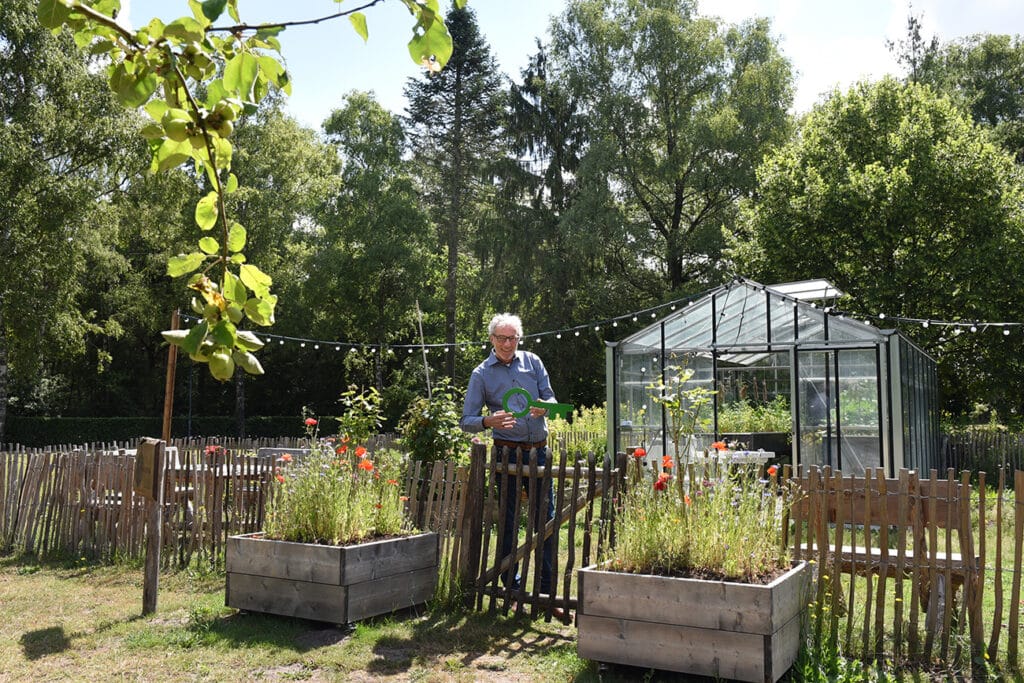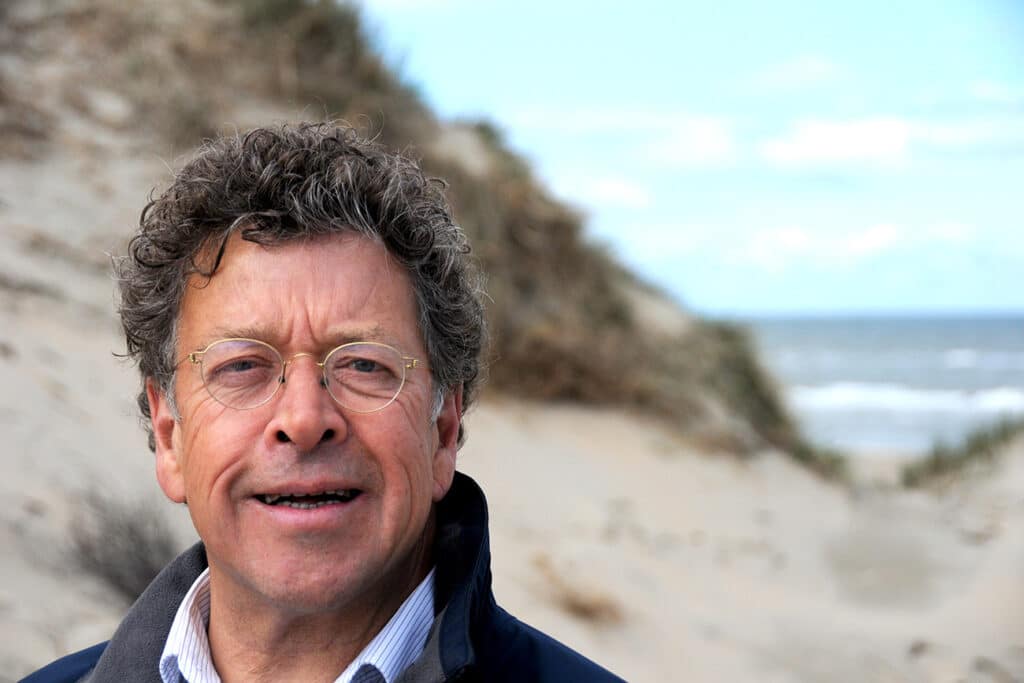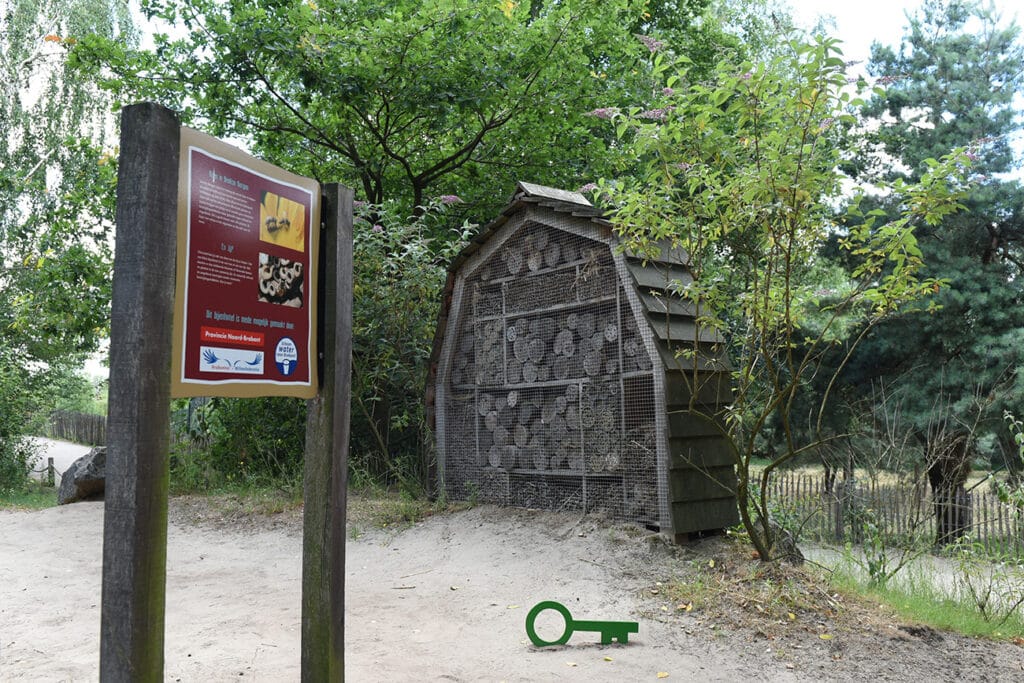
Green Key: the green key to sustainability
Will you go for bronze, silver or gold?
Sustainability is obviously a very hot topic in the hospitality industry. Green Key plays an important role in this as the Netherlands' largest sustainability hallmark for the tourism and leisure industry, with over 700 affiliated recreation and leisure businesses. Erik van Dijk, director of the foundation Keurmerk Milieu, Veiligheid en Kwaliteit (KMVK) and national operator of Green Key, talks about their approach to making the hotel sector more sustainable: "Together towards a more sustainable world."

The international Green Key hallmark is implemented in the Netherlands by the KMVK foundation, whose mission is to make the entire hospitality industry more sustainable, including the hotel sector. Green Key therefore provides not only an inspection, but also a platform for entrepreneurs to take on sustainable challenges together and learn from each other. "If organisations meet a number of sustainability standards, they are awarded a Green Key," Van Dijk explains. "Those standards are divided into 13 chapters: so organisations are completely scrutinised and every component is covered. From seasonal and non-seasonal cuisine to hospitality, and from internal communication to technical services. "
Inspection
The organisation has seven inspectors who carry out the inspections. Each inspector has its own specialism, so there is always someone who is a good fit for the organisation. Before the inspection, companies can do a self-inspection. This shows how sustainable the company already is and what further steps can be taken for a Green Key. With the results of the self-examination, inspectors immediately have some background information for the real inspection. The inspector then runs through the results with the entrepreneur and various points are discussed.

The inspection standards are always up-to-date, challenging and appropriate to the market and current challenges. "To get a Green Key, a company must meet a set of mandatory standards. Think about saving gas, water and electricity or reducing waste. In addition, there are optional standards. These deal with sustainable energy or self-purification of waste water, for example," Van Dijk continues. Companies are rewarded with a bronze, silver or gold Green Key, depending on the number of standards met. Do organisations improve after a number of years? Then they can achieve a higher rating. A nice challenge, then. "It is a continuous process to make operations more sustainable together with the entrepreneur. In addition, it pays to pursue a Gold Key: it can be a nice starting point for hotels in negotiations with tour operators, for example."
Green Key in the hotel industry
Over 700 organisations now have a Green Key and the number is still growing. "The hotel sector is leading the way here because a Green Key also counts as an indicator of hospitality. Of course, hotels want to propagate that," says Van Dijk. It is not only a challenge to become more sustainable but also a great opportunity for development. After all, in every area where organisations move towards sustainability, they move forward a bit. "So this is how Green Key also helps the hotel sector grow further."

Both small hotels and large chains can join the label. "We used to see that a Green Key was mainly seen as strengthening a brand, nowadays it is also important to protect the brand. An entrepreneur can shout that she or he is sustainable, but it is much more powerful if you can demonstrate this with a Green Key. That applies to the big chains and equally to independent hotels where the owner is the host," Van Dijk says. "The best compliment we received was that a company saw Green Key as an annual apk on sustainability."




